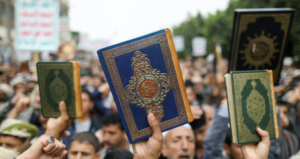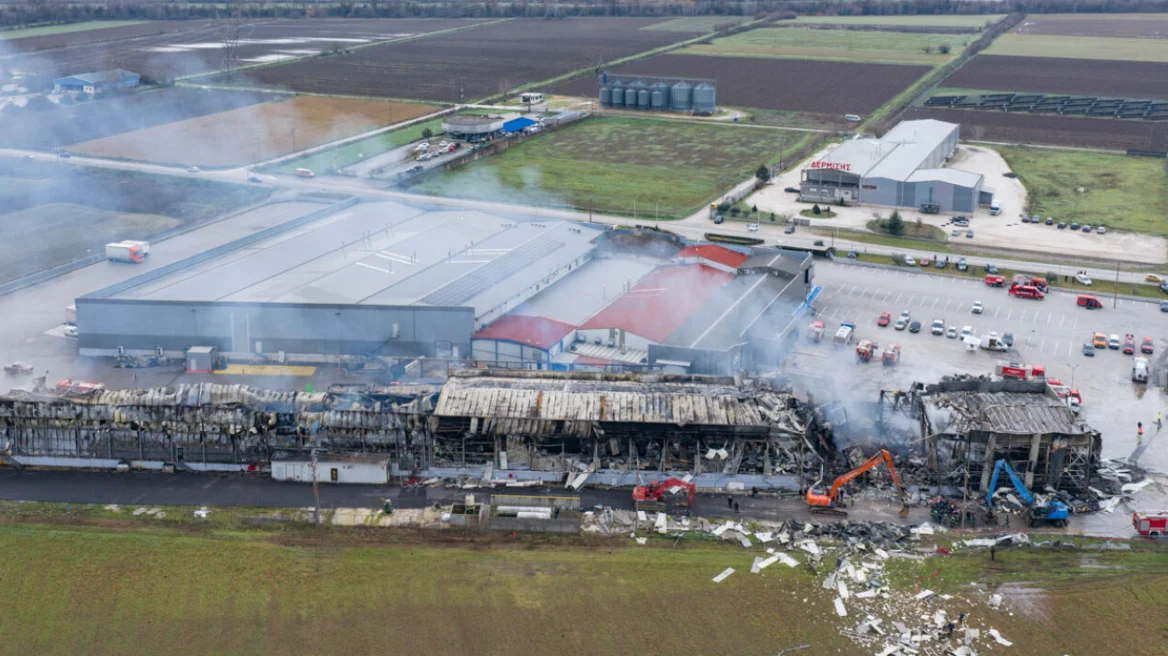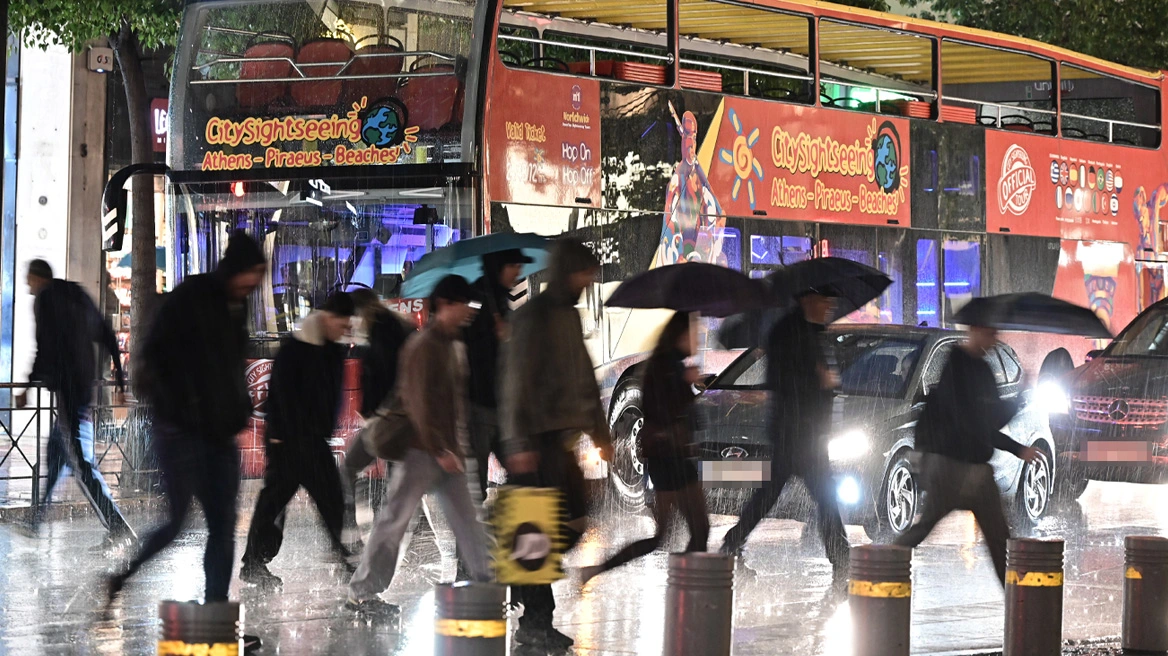In the interconnected, digital world of the 21st-century, an event thousands of miles away can send shockwaves felt in other parts of the world. The recent burning of a Quran in Sweden has had reverberations as far away as Pakistan and a special impact on the already defenceless Christian minority there.
This is not the first time Pakistani Christians have experienced societal prejudice, institutional discrimination, and sporadic violence. These issues are frequently exacerbated whenever similar events take place anywhere in the West. The fallout from the Quran’s desecration in Sweden, however, has intensified these conflicts, resulting in an alarming rise in threats and the defilement of Christian symbols, particularly the Cross, symbolising Christianity.
Caught in the crossfire of this international incident, Pakistani Christians find themselves crying silently for peace, understanding, and respect for their religious symbols — but it seems to be falling on deaf ears, both domestically and globally.
William Friedkin, famed director of “The French Connection”, “The Exorcist”, dies at 87
The desecration of the Holy Cross is not just an act of disrespect of their religious sentiments; it also poses a significant threat to their safety and security.
Disappointingly, the lack of an appropriate response from Pakistan’s government to these incidents only further exacerbates the situation. The authorities seem unable to effectively guarantee the protection of religious minorities or their sacred symbols. This silence — real or perceived — often gets interpreted as tacit acceptance, potentially fuelling further acts of hostility.
Continue here: Gatestone Institute
Ask me anything
Explore related questions





